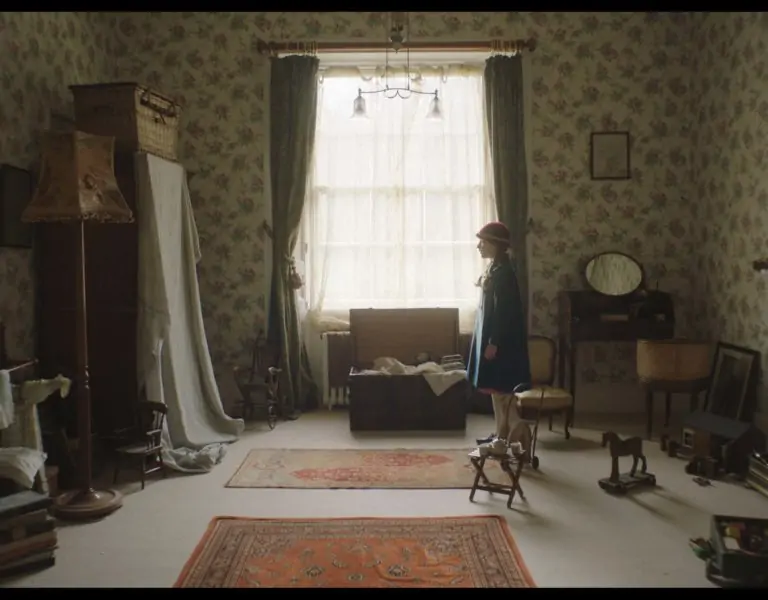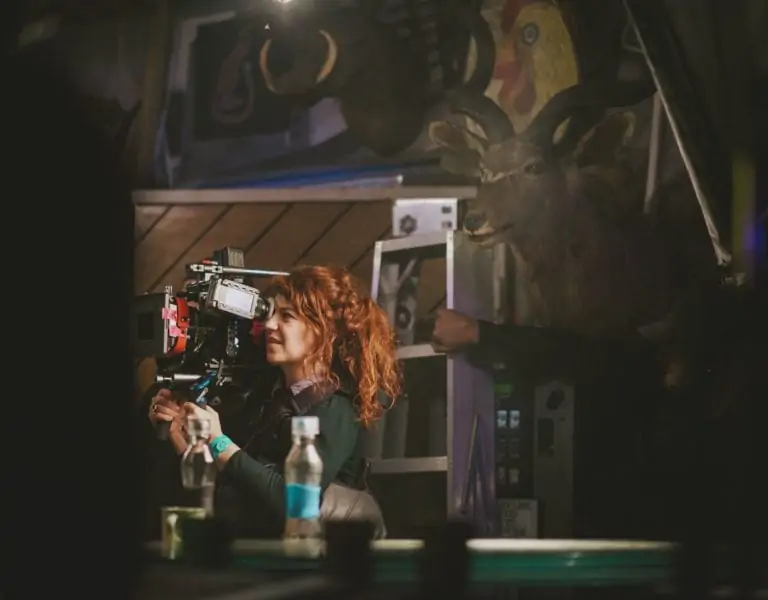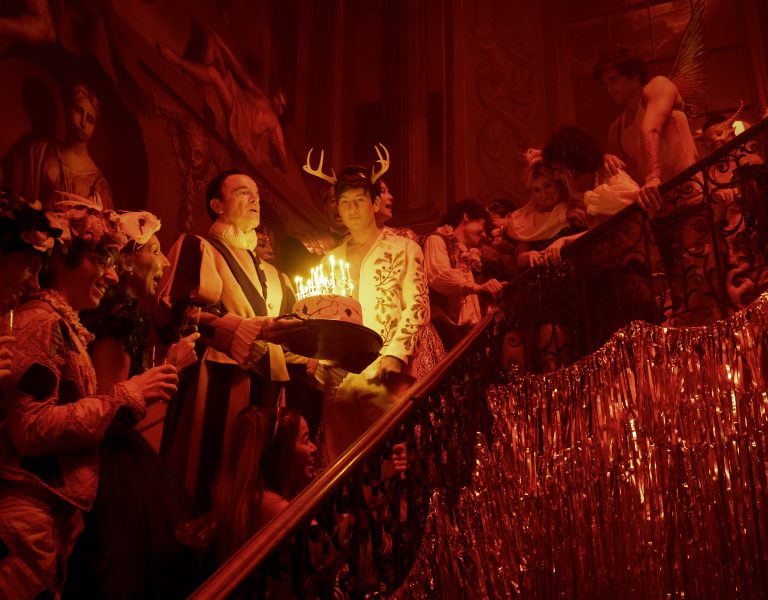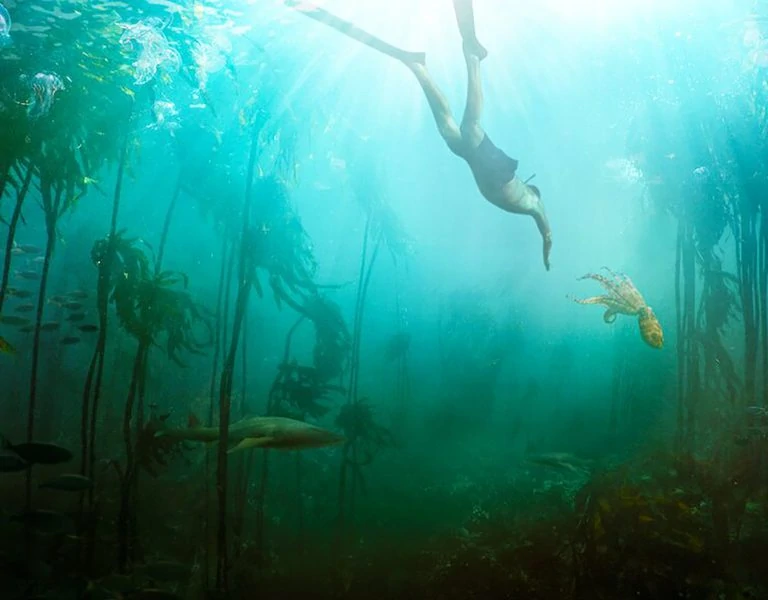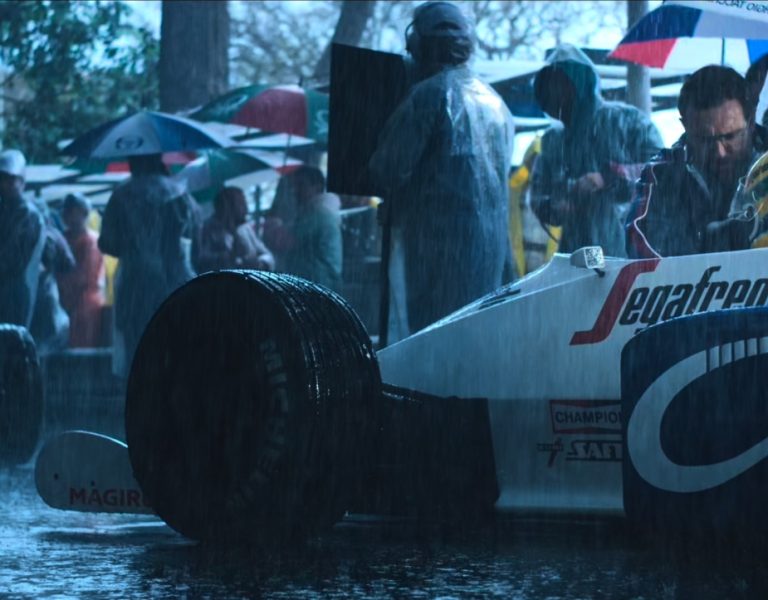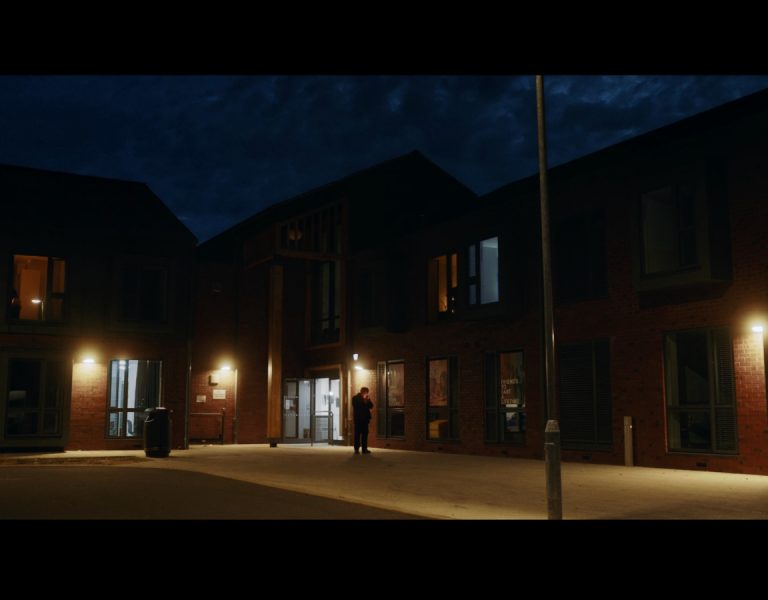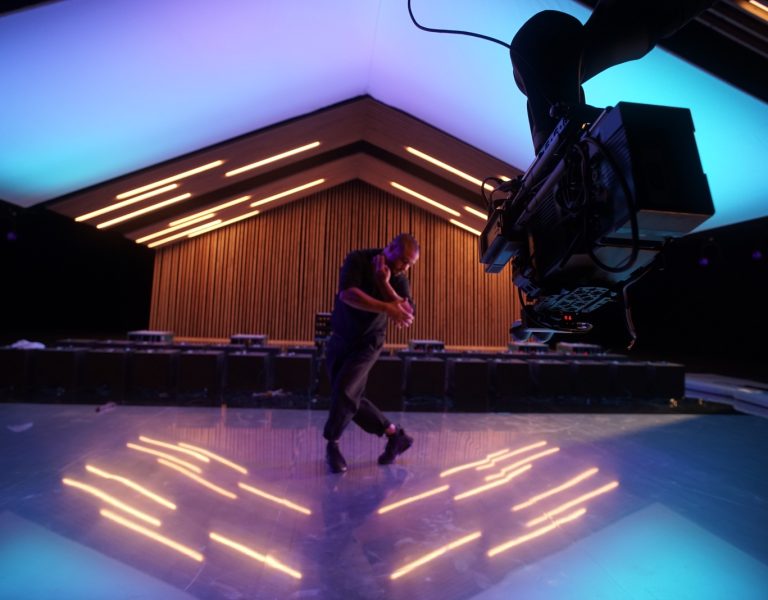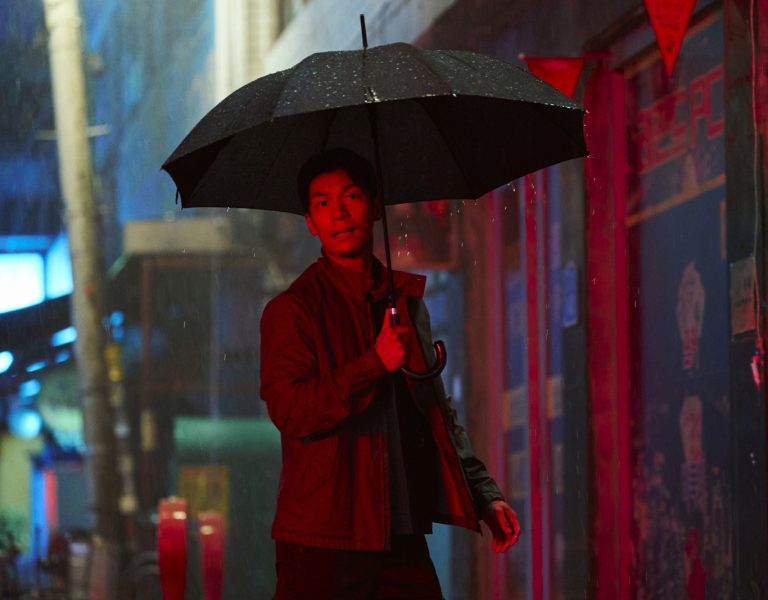Chuck Chuck Baby, a musical comedy drama set in a chicken factory in a working-class area of north Wales, defies categorisation and upsets expectations at every turn, explains DP Sarah Cunningham.
Directed by Janis Pugh and produced by BBC Film +BFI, Chuck Chuck Baby follows Helen (Louise Brealey), a chicken factory worker, whose routine existence is disrupted by the return of her teenage crush Joanne (Annabel Scholey). This reunion triggers a journey of self-discovery and the rekindling of romance, all set within the strictures of a sometimes-unforgiving working-class milieu.
While not autobiographical, the film draws inspiration from Pugh’s brief experience working at a chicken factory (she lasted two days) and more importantly, her deep love and familiarity of the community where she grew up in Flint.

“On paper, the plot resembles a kitchen sink social drama,” DP Sarah Cunningham (Flatland, The Banishing and up-coming Think of England) explains. “It portrays two women dissatisfied with their lives, feeling that opportunities from their youth have passed them by. One is trapped in a dead-end job and grappling with denial of her own sexuality. The other returns to a place where she endured abuse from her father, confronting deep emotional resistance to being there again.
Cunningham was drawn to the project by its complete defiance of a spectator’s preconceptions. “There is so much more to this story, underscoring the camaraderie and gallows humour of the community in which Pugh grew up,” she says. “The women’s resilience in finding joy despite hardships inspired the director to translate these themes into the film. The visuals of this film had to reflect this vivacity and vividness of the lives lived. Pugh was heavily influenced by Jacques Demy with his Technicolor musicals set in industrial marine landscapes.”
The horizons needed to have scale, the colours punch and the camera a playfulness which would belie any notion of miserabilism. Hence Cunningham opted for anamorphics to give her characters a wide screen stage, choosing the Cooke XTAL expresses which, in their aberrational ‘squiffiness’, helped underpin an innocent and playful approach. “This extended to an in-camera philosophy for scenes such as the opening where a dandelion clock floats in through a window: the fragility and artisanship of creating such sequences in camera (hung precariously from nylon fishing thread) was more in tune with Pugh’s playful philosophy and love of old classics than a perfect CGI simulation could have been,” she adds.

Meanwhile along with gaffer Paul Joy, Cunningham pushed for playful colour clashes in nighttime sequences, using Greenaway-esq bold and complementary colours, thus helping to inject fantasy into the nighttime chip van and the night scape of the local estate. Cunningham chose the Venice for its high performance in low light conditions, “knowing I was under the intense time pressure of having to shoot a feature with nine choreographed musical numbers in 26 days and the configuration of the Rialto which allowed manoeuvrability in the on-location housing”.
Chuck Chuck Baby blends humour and emotional depth, exploring themes of identity, love, and the struggles of everyday life.
The film was released UK-wide on July 12th.
